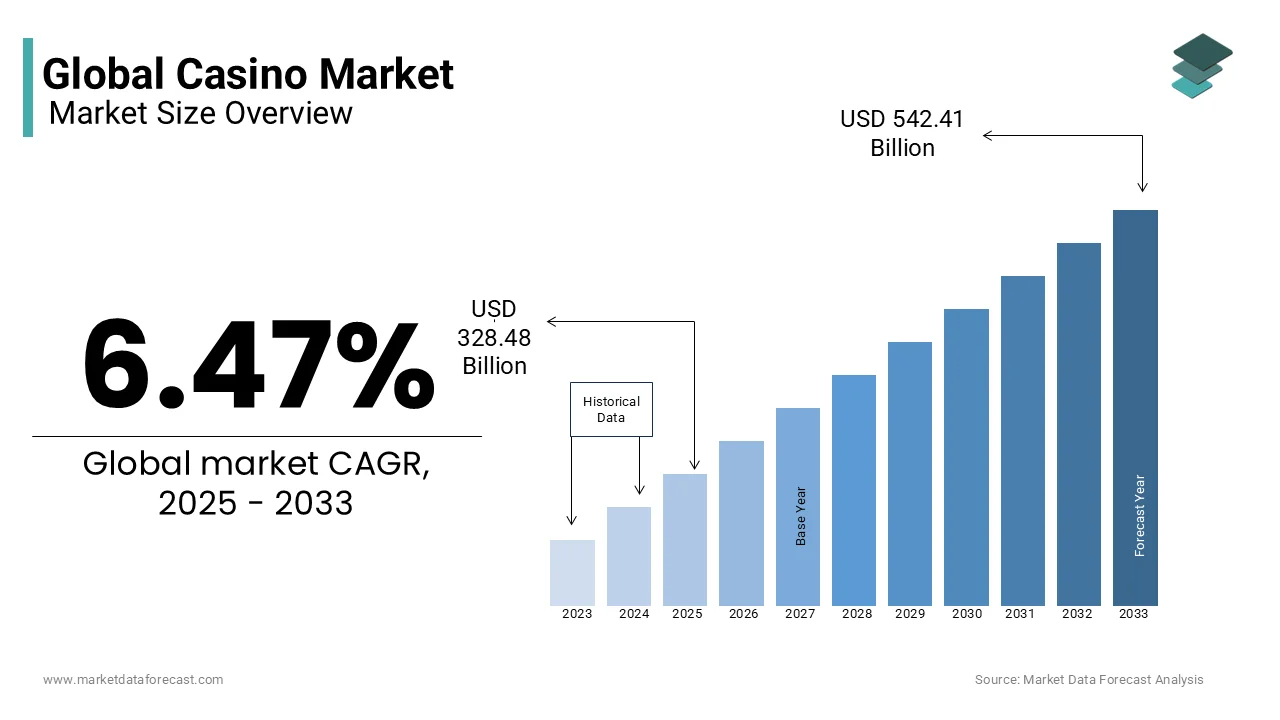Your Ultimate Hookup Resource
Explore a comprehensive directory for connections and relationships.
Casino Monetization Models: The House Always Wins, But How?
Discover the secrets behind casino monetization models and learn how the house always profits in this intriguing exploration of the gaming industry!
Understanding the Different Casino Monetization Models: How They Keep the House Winning
Understanding the different casino monetization models is crucial for appreciating how these establishments maintain profitability while providing entertainment to their patrons. The most common model is the house edge, which ensures that the casino retains a percentage of all bets placed over time. For example, in games like blackjack and roulette, the rules are structured to give the house an advantage, ranging from 1% to 10%, depending on the game and its variations. This built-in edge is vital for the casino's sustainability and assists in offsetting operational costs while allowing for ongoing investments in technology and customer service that enhance the gaming experience.
Another monetization strategy employed by casinos is the loyalty program. By rewarding players with points, comps, or cash back based on their gambling activity, casinos incentivize repeat visits and build customer loyalty. Additionally, casinos often generate revenue through ancillary services such as food and beverage sales, entertainment, and hotel accommodations. These offerings capitalize on the time patrons spend within the establishment, providing multiple revenue streams. Overall, understanding these monetization models gives insight into how casinos keep the house winning while simultaneously delivering a thrilling experience to their guests.

Counter-Strike is a popular first-person shooter game that pits teams against each other in a tactical battle for victory. Players can engage in various game modes, aiming to complete objectives or eliminate the opposing team. To enhance your gaming experience, be sure to check out the winz.io promo code for great bonuses.
How Do Online Casinos Optimize Revenue? A Deep Dive into Their Monetization Strategies
Online casinos have transformed the gambling landscape, leveraging cutting-edge technology and innovative monetization strategies to optimize their revenue streams. One of the primary methods these establishments use is through bonus offers and promotions. By enticing new players with attractive welcome bonuses and loyalty programs, they not only increase sign-ups but also encourage repeat visits. Additionally, the implementation of tiered loyalty systems rewards frequent players, increasing their engagement and overall spending on the platform.
Furthermore, online casinos effectively utilize affiliate marketing to expand their reach and attract traffic. By partnering with affiliates who promote their services, these casinos can tap into new audiences without incurring upfront advertising costs. The affiliate earns a commission based on the traffic or players they bring, aligning incentives for both parties. Lastly, attention to data analytics allows casinos to tailor their offerings based on player behavior, ensuring they optimize their marketing strategies and maximize revenue while providing a personalized gaming experience.
What Are the Secrets Behind Casino Profitability? Exploring the House Edge and Beyond
The allure of casinos extends beyond just their glamorous decor and thrilling atmosphere; at their core lies a well-calibrated system designed to maximize profitability. One of the primary secrets behind casino profitability is the house edge, an inherent advantage that ensures the casino makes a profit over time. For example, in games like roulette, the presence of a zero (or double zero) skews the odds in favor of the house. This means that for every $100 wagered, players might expect to lose a small percentage over time, which accumulates to significant profits for the casino. Furthermore, the house edge varies among different games, with some slot machines offering a higher edge compared to table games, influencing player choices and casino revenue.
However, the house edge is just one piece of the puzzle. Casinos employ various strategies to enhance their profitability, such as loyalty programs, targeted marketing, and immersive gambling experiences that keep players engaged for longer periods. For instance, incentives like complimentary meals or hotel stays encourage players to gamble more than they may have intended. Additionally, psychological tactics like near-misses or rewarding small wins maintain players' excitement and optimism, prompting them to continue playing. In conclusion, understanding the dynamics of the house edge and the psychology behind gambling reveals how casinos create an environment conducive to profitability, allowing them to thrive in a competitive entertainment landscape.